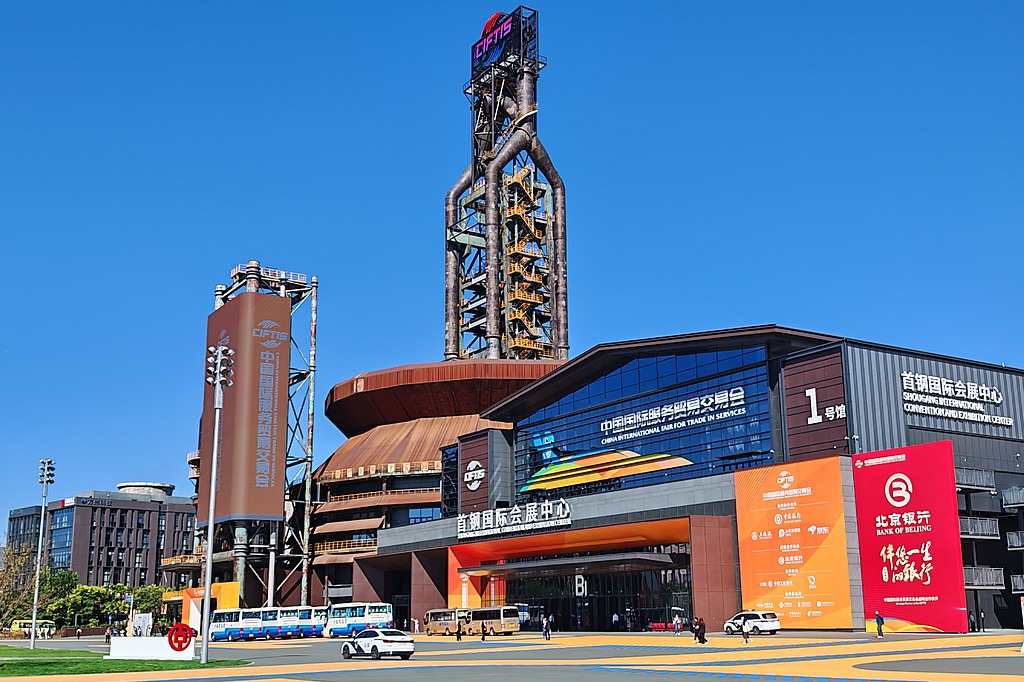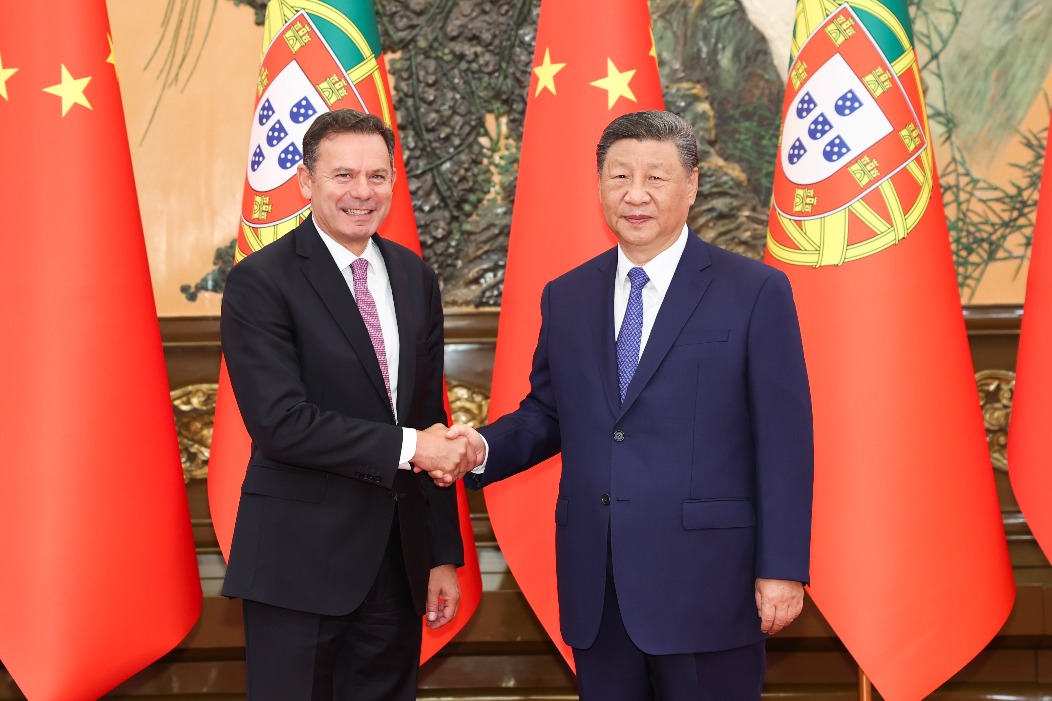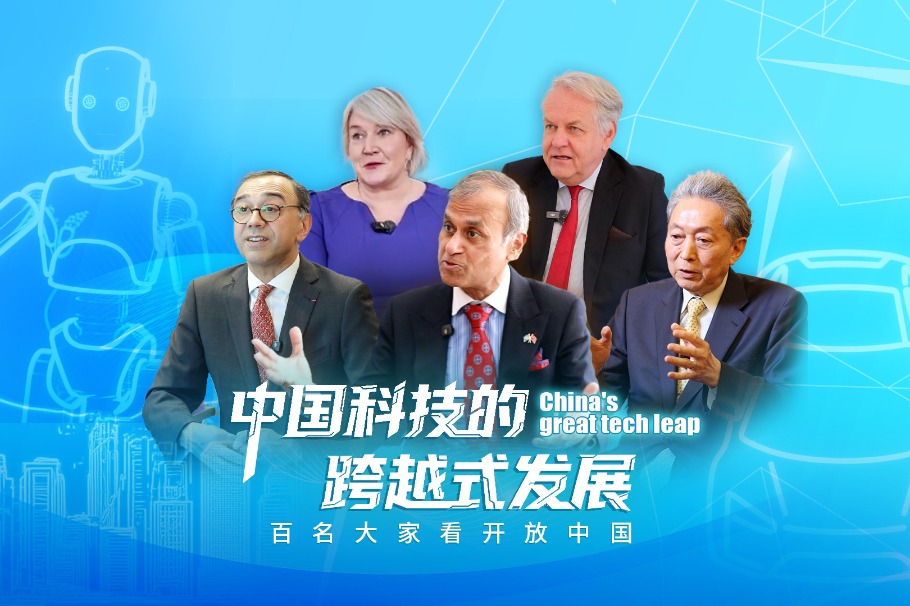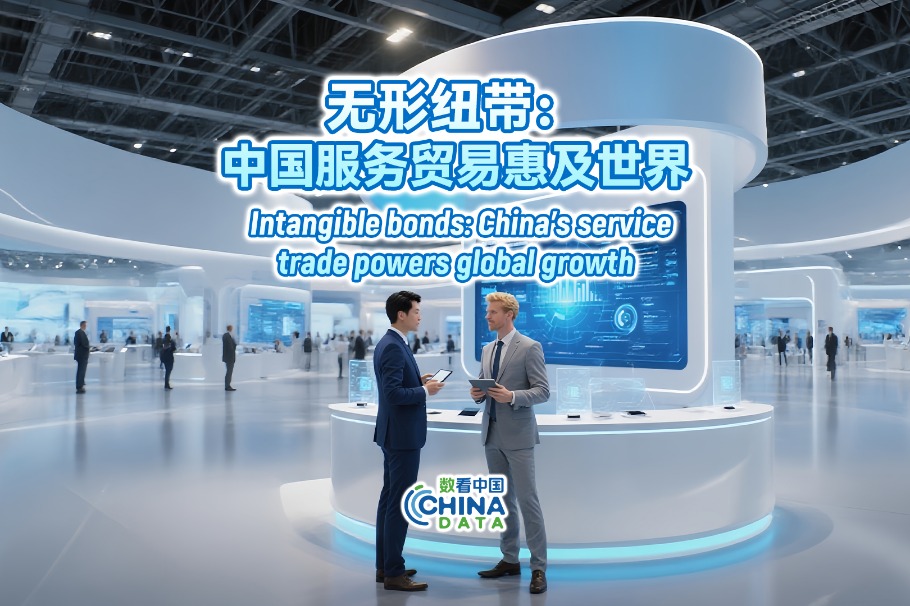Regional pillar
The SCO has demonstrated its readiness and ability to adequately respond to modern 'soft security' challenges


In a relatively short period of time by historical standards, the Shanghai Cooperation Organization has come a long way, becoming one of the most significant players in the international arena. It is a key supporting pillar of a more just, multipolar world order, even though its potential has not yet been fully realized.
One of the most important features of the organization is that, being built on the fundamental principles of international law, such as sovereignty, territorial integrity, non-aggression and non-interference in internal affairs, the SCO aims to strengthen mutual relations and promote cooperation in the political, economic, cultural, scientific and educational spheres, as well as energy, transportation, and environmental protection.
The organization ensures interaction between member states and objectively contributes to the creation of an architecture of equal, indivisible security throughout Eurasia. Its socioeconomic foundation is based on the cooperation of multilateral associations operating in the region, such as the SCO, the Eurasian Economic Union, the Commonwealth of Independent States and the Association of Southeast Asian Nations. China's Belt and Road Initiative, including the existing agreements between the BRI and the Eurasian Economic Union, plays a significant role in the economic development of SCO region. At the same time, the SCO remains open to new members and is ready to change in accordance with the requirements of the time.
Over the past few years, the SCO has demonstrated its readiness and ability to adequately respond to modern challenges, including a set of the most acute non-military threats, which are usually called "soft security". These include threats such as terrorism and extremism, the fight against organized crime, and countering drug trafficking and illegal migration.
In this regard, the projects on the establishment of relevant institutions are of exceptional importance — a Universal Center for Countering Modern Threats in Tashkent, an Anti-Drug Center in Dushanbe and a Center for Combating Organized Crime in Bishkek.
After reform, this mechanism will create additional opportunities for the effective suppression of threats related to terrorism and illegal migration, which often "spill over" into extremist and terrorist activities.
This is especially important, taking into account the proximity to Afghanistan, which is going through a difficult period of recovery. Almost all SCO members are intensifying their work with Afghanistan on a bilateral basis with the aim of promoting its sustainable development as an independent, neutral, peaceful state free of terrorism and drugs. Recently, it has been considered appropriate to expand the mandate of the active Regional Anti-Terrorist Structure, which will be responsible for new challenges and threats, given the close connection between terrorism and organized crime, especially drug trafficking.
In recent years, SCO members have accumulated extensive experience in countering the spread of dangerous infectious diseases in the form of pandemics. Russia and China have demonstrated not only powerful scientific and technical potential in the development and production of relevant drugs, but also provided assistance to those in need of access to scarce vaccines.
Indeed, the fight against the COVID-19 pandemic was one of the most pressing issues in recent years with scientists around the world facing a single global task — to make a breakthrough in the development of safe and effective means of combating the virus. Over the course of two years in 2020-21, Russia and China actively exchanged experience in terms of pandemic control, as well as in the field of research and development of vaccines against the new coronavirus and held about 30 joint events on how to combat the virus and its consequences.
The SCO also has great potential in solving energy security problems by providing access to both traditional sources and peaceful nuclear energy of member states as one of the ways to combat energy poverty and climate change. The complementarity and self-sufficiency of member states in the energy sector is an important prerequisite for the progressive socioeconomic development of the region as a whole, meeting the needs of exporters, importers and transit countries.
Assessing the current stage in the development of the SCO, it would probably be fair to say that the organization has successfully passed the stage of creating a Eurasian security community, which is distinguished by a number of important characteristics.
First, member states, based on a whole set of unifying threats, have developed mutual expectations and a strong sense of shared norms, leading them to believe that a conflict between members is highly unlikely and disputes will be resolved peacefully.
Second, the accumulated experience of interaction has contributed to the fact that for a number of years in the SCO environment there has been a sense of community that ensures a joint search for solutions in the security sphere, based on trust and shared understandings among members. One of the most important characteristics of this security community is that the states have developed strong mutual expectations about each other's behavior, especially regarding security issues. At the same time, it is obvious that the SCO is a pluralistic security community. In such a community, states remain distinct and independent but develop a shared commitment to handling both internal and external security challenges and threats.
Third, it is very important that the member states pay great attention to preserving the historical memory of the most important events of the 20th century, primarily World War II, and jointly combat attempts to distort it.
Finally, as a security community, the SCO actively interacts with external players, including the representatives of about 30 states and multilateral associations. This is an indicator of the SCO's growing creative agenda and the organization's attractiveness to countries of the Global South and the global majority.

The author is vice-rector for government relations and public organizations, and a professor at the Department of History at European University at St. Petersburg. The author contributed this article to China Watch, a think tank powered by China Daily.
The views do not necessarily reflect those of China Daily.
Contact the editor at editor@chinawatch.cn.


































